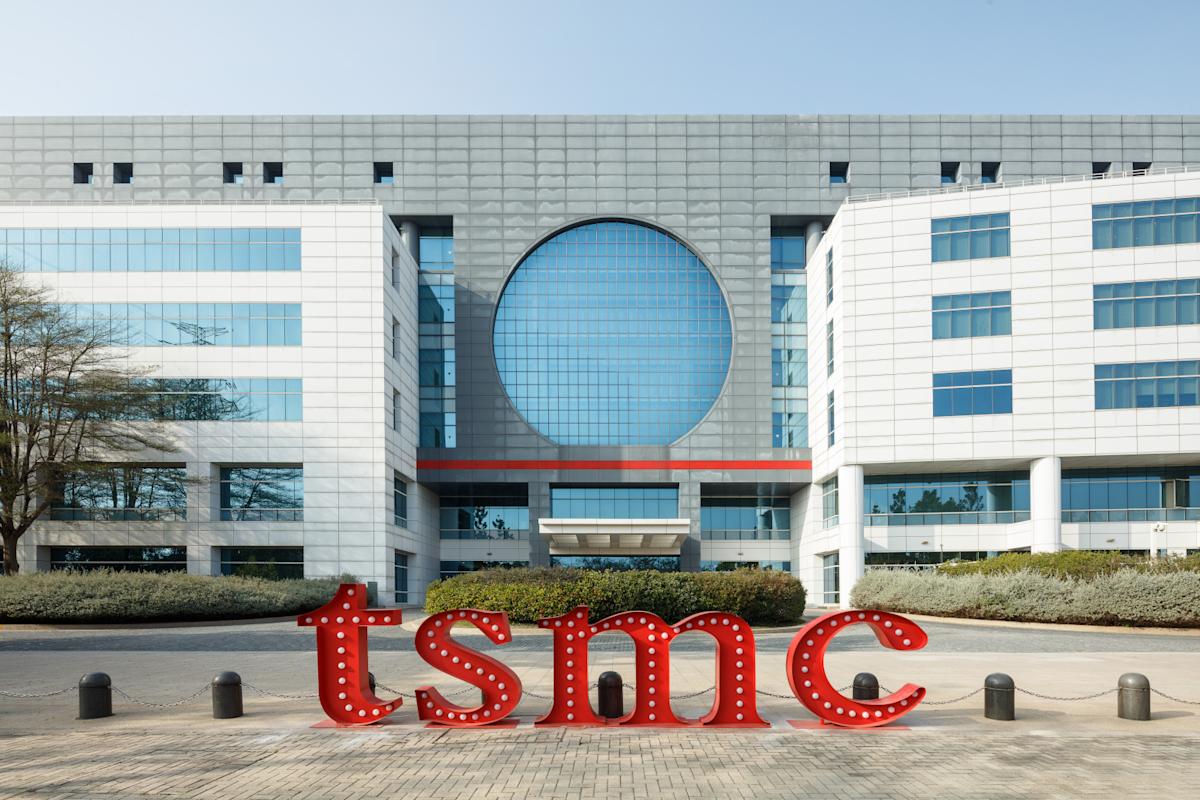Nvidia’s RTX 5090 and theDeprecated PhysX Support
Nvidia’s GeForce RTX 5090, 5080, and 5070 Ti are among the most sought-after GPUs currently, but they may not be the best choice for playing older games from your Steam account’s back catalog at high frame rates. Nvidia has dropped support for its hardware-accelerated physics system, PhysX, in some of the best games from the early 2010s. This decision highlights the failure of modern hardware developers to preserve past titles in their prime.
The Deprecation of PhysX Support
Earlier this week, Nvidia confirmed on its official forums that "32-bit CUDA applications are deprecated on GeForce RTX 50 series GPUs." The company’s support page for its "Support plan for 32-bit CUDA" notes that some 32-bit capabilities were removed from CUDA 12.0 but does not mention PhysX. As a result, the 50 series cards cannot run any game with PhysX as developers originally intended. This is ironic, considering Nvidia originally pushed this technology to sell its GTX range of GPUs.
PhysX is a GPU-accelerated physics system that enables more realistic physics simulations in games without putting pressure on the CPU. It includes small particle effects like fog or smoke and cloth movement. Although Nvidia developed and promoted 32-bit PhysX as a physics engine, it was only deployed in a few dozen games using engines ranging from Unreal to Unity and Gamebryo. These games relied on the CUDA cores for GeForce graphics cards, making it strange to see the capabilities deprecated now with the enormous core counts on the RTX 50-series.
The Impact on Modern Games
Modern games rely on various physics systems that don’t depend on CUDA. Today’s PC gamers may feel left out, similar to AMD buyers from a decade ago. Users on the Resetera forums compiled a list of games that won’t work with GPU-accelerated PhysX, including classics like Borderlands 2, Mirror’s Edge, Batman: Arkham City, Metro 2033, Metro Last Light, and Assassin’s Creed IV: Black Flag. These games may be playable with physics enabled, but they will suffer from significant framerate drops.
The Performance Difference
Gizmodo tested some games and found that the performance impact can be substantial. For example, the Nvidia GeForce RTX 5090 can push a massive number of frames, achieving over 800 FPS with 4x frame gen in Deep Rock Galactic. However, when playing Batman: Arkham City, a game that relies on PhysX, the performance difference is striking. With the hardware-accelerated physics setting enabled on the RTX 5070 Ti, the average FPS dropped by 65, from 164 to 99. The difference in ambiance without the setting enabled is notable, with missing ice crystals, smoke, and banner movements.
The Lack of Game Preservation
When gaming console makers move on from past hardware, publishers often forget about games from yesteryear. PC gaming is where most people turn to play older titles, but even then, it’s not always easy. Hardware must change, but there is some legacy software that should remain enabled for the sake of game preservation. With its latest RTX 50-series cards, Nvidia has failed to preserve games in a way that would help players run them as well today as they did back then.
The Future of Game Preservation
The deprecation of PhysX support by Nvidia serves as a reminder that game preservation efforts don’t preclude more recent games. Companies like GOG can only do so much to make games run as intended. Games like Mirror’s Edge and Batman: Arkham City used PhysX to create more exciting moments, but these experiences are now compromised. While you may need an RTX 50-series card to get multi-frame gen and over 200 FPS on Cyberpunk 2077 with ray tracing, you’ll want a 20-, 30-, or 40-series card if you want to play the most beautiful games from 2011 at their best. For some gamers, this is enough reason not to consider upgrading.
Source Link





